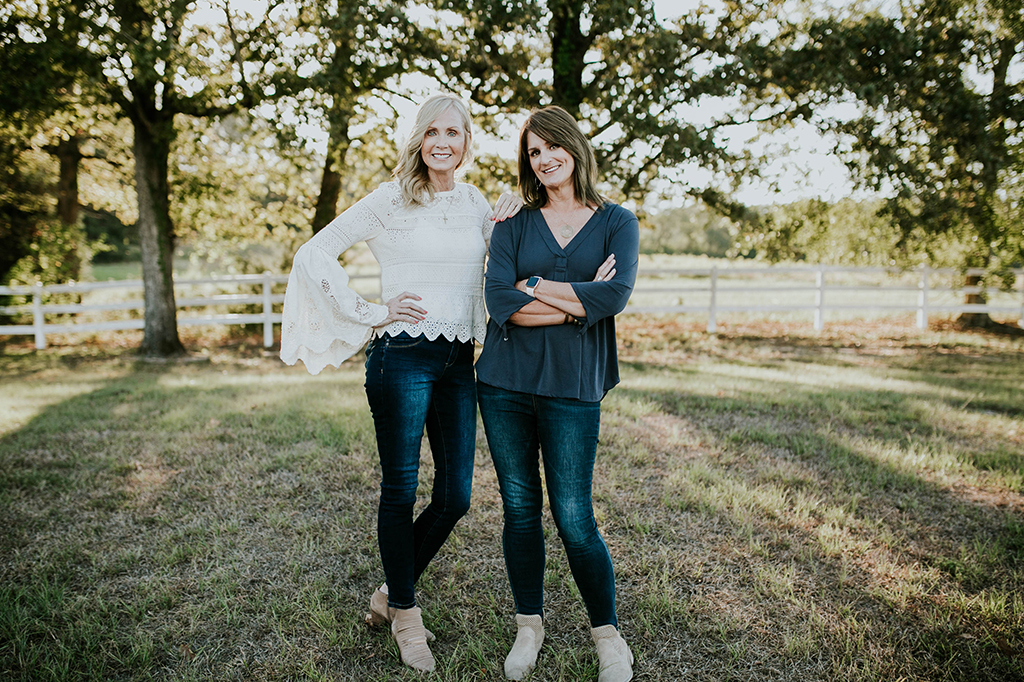
Grandparent Advice on What to do in a Car Wreck
Often times we expect our kids or grandkids to “just know” stuff, but unless someone tells them, they won’t know. My husband is great about sending them information they may or may not know. I thought I would pass on this article he just send to our grands, so you could pass it on to yours.
School is starting so that means more time in the car and, while we hope it never happens, it does. Car crashes can be one of scariest life events our kids will go through. This will help them handle the event with more confidence.
Article appeared originally in AARP July 24, 2019 by Selene Yeager
What to Do If You’re in a Car Crash
First of all, keep your cool after a collision by following these steps
No one expects to have a car crash, but more than 6 million people in the U.S. are involved in crashes every year. It’s natural to feel anxious and upset when it happens to you, but knowing what to do can help you stay calm — and make it a lot easier to deal with your insurance company down the road.
1. Check the scene for injuries and danger.
Safety is your first priority after a crash, said Eric Brandt, chief claims officer at Esurance, a car insurance company: “Take stock of yourself and any passengers to assess your condition and safety. Also check your surroundings.” Are you hurt? Do you smell smoke? Are you still in heavy traffic? Quickly assess the situation.
2. Move to safety and/or call 911.
If everyone in your car is okay, move out of possible harm’s way, to the sidewalk or shoulder of the road. If anyone is injured, call 911, turn off your car, turn on your hazard lights and wait for emergency services to come and help.
3. Call the police.
Even if the crash is minor and nobody is hurt, you should call highway patrol or the local police. In some states, you’re required by law to file an accident report with local law enforcement. The officer will ask for your license, registration, insurance and other information. In turn, request the responding officer’s name, badge number and contact info. Also ask for a final copy of the police accident report for insurance purposes.
4. Exchange information from the other parties involved in the crash.
That includes each driver’s full name, home address, email address, phone number, driver’s license information, insurance company and policy number, and license plate numbers. (You may want to photograph some of this information; see tip number 6.)
Also note the relationship of the driver to the owner of the car (if he is not the owner) and the car’s make, model and color. If there are witnesses, get their full names and contact info as well.
Do not sign any documents unless they’re for the police or insurance agent.
5. Keep the conversation constructive.
Emotions will be running high, but try to keep your cool. It’s not up to you and the other party to figure out who is to blame. Just exchange all the necessary information and allow the insurance companies and their attorneys to sort out the rest.
6. Take photos.
Use your cellphone to document the collision. Take pictures of all the vehicles involved in the crash from every angle, showing any damage, as well as where the crash occurred and other relevant evidence at the crash scene, such as road hazards and skid marks. It’s also helpful to take photos of the other vehicle’s license plate and the driver’s license, registration and insurance documents in case you misplace your notes or jotted down something incorrectly.
Some insurance companies have an app you can use to submit photos, rather than wait for an adjuster to come out to assess the damage.
Never post photos of your car or give details about a wreck on social media. They could be used against you in any lawsuit or court case as a result of the wreck.
7. Record what happened.
Write down everything you remember about the crash, including time of day, weather, road conditions, location, what the other cars were doing and any other pertinent details. If you don’t have a pen and paper, dictate it into your phone using your notes tool, or send a voice-to-text memo to yourself. That way you’ll be sure to have every detail you might need later for insurance purposes.
8. Contact your insurance company.
Call as soon as possible, even from the crash scene, to get the claims process underway.
9. Double-check yourself for injuries.
In all the commotion following a collision, it’s possible to be injured and not realize it. If you later think you’ve been hurt, see your doctor right away. Injuries from car crashes typically become part of your automobile insurance claim.







